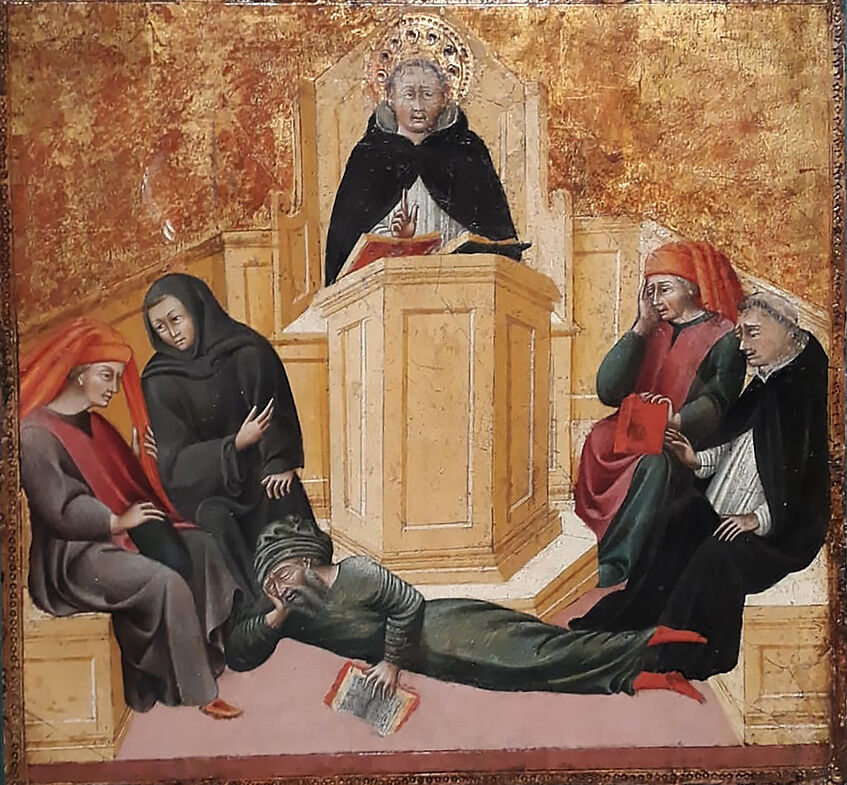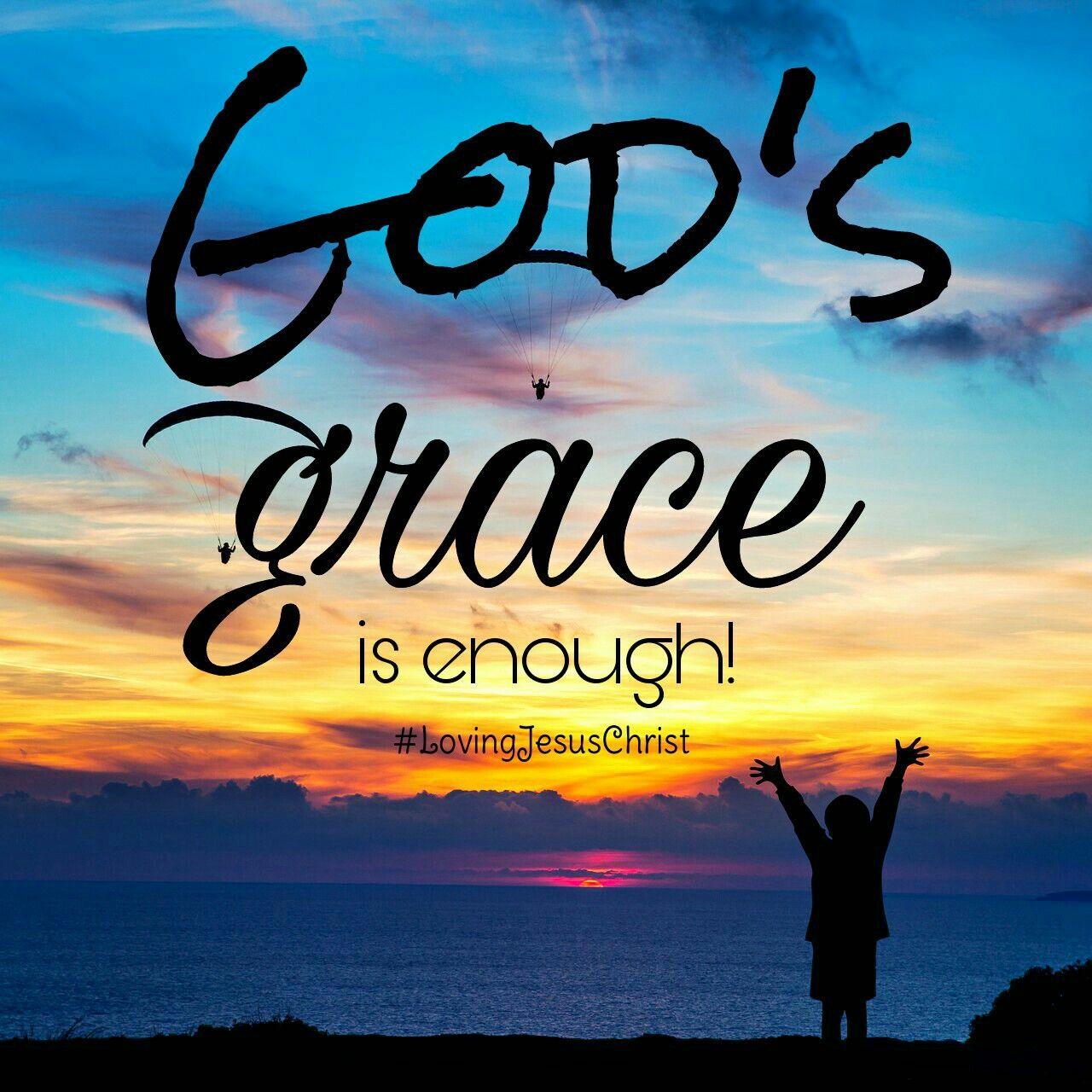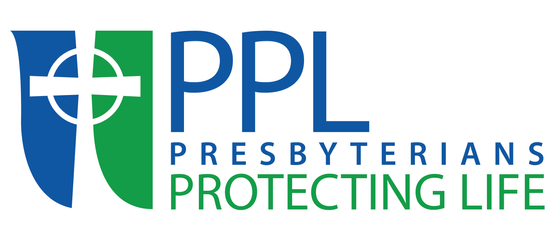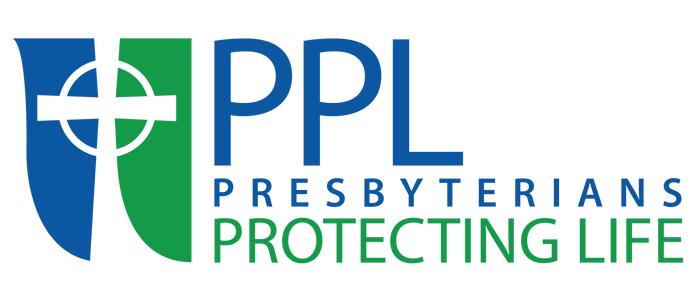Living the Christian life involves approaching God through prayer, praise and worship. On this site, we can find different ways people have and can enter into his presence.
Friday, October 30, 2020
A Thought from the Word
Churches, Denominations and Religions: Connecting during social distancing: This week's resources for worship, study and navigating COVID-19
Thursday, October 29, 2020
A Thought from the Word
Churches, Denominations and Religions: Bringing Spirit to the Polls and Mourning the Saints
Wednesday, October 28, 2020
A Thought from the Word
Tuesday, October 27, 2020
The Wedding Service for Robert Carey and Leah Jerome on Saturday, October 24, 2020
On Saturday, October 24, I officiated the marriage of Robert Carey and Leah Jerome at the St. Mary's Overlook in Pittsburgh, Pennsylvania. If you're planning your wedding and need an officiant, please give me a call at 304-479-3402.
Study, Learn and Grow: The Lectionary Passages for Monday, November 2, 2020 (All Souls Day)
Study, Learn and Grow: The Lectionary Passages for Sunday, November 1, 2020 (All Saints Day)
Study, Learn and Grow: The Lectionary Passages for Sunday, November 1, 2020 (22nd Sunday after Pentecost)
Prayers for Our Community, Our Nation and Our World
We can offer specific daily prayers for our community, nation and world. Between Monday, October 26 and Sunday, November 1, we'll lay before God the needs listed below.
- Monday - That Americans would respect and honor their parents and raise their children with compassion.
- Tuesday - That we all recognize that our actions impact others.
- Wednesday - That American youth would value honesty and respect in all their relationships.
- Thursday - That parents and communities would teach young people the importance of love and compassion.
- Friday - That those in national authority would be given godly counsel and God-fearing advisors.
- Saturday - That we condemn racism in all of its forms.
- Sunday - That companies and unions in America would flourish with new creativity and practice honorable work ethics.

A Thought from the Word
Churches, Denominations and Religions: Looking into the lectionary — All Saints' Day
Monday, October 26, 2020
The Wedding Service for JD Hall and Ashley Lamp on Friday, October 23, 2020
On Friday, October 23, I officiated the marriage of JD Hall and Ashley Lamp in Morgantown, West Virginia. If you're planning your wedding and need an officiant, please give me a call at 304-479-3402.
A Thought from the Word
Serve, Work and Transform: Walk unafraid in the darkness
Sunday, October 25, 2020
A New Devotion - Us and Ours
Here's a new devotion that I wrote. You can find a recording of this devotion at the bottom of the page.
Luke 11:1-13
He was praying in a certain place, and after he had finished, one of his disciples said to him, "Lord, teach us to pray, as John taught his disciples." He said to them, "When you pray, say: Father, hallowed be your name. Your kingdom come. Give us each day our daily bread. And forgive us our sins, for we ourselves forgive everyone indebted to us. And do not bring us to the time of trial."
And he said to them, "Suppose one of you has a friend, and you go to him at midnight and say to him, 'Friend, lend me three loaves of bread; for a friend of mine has arrived, and I have nothing to set before him.' And he answers from within, 'Do not bother me; the door has already been locked, and my children are with me in bed; I cannot get up and give you anything.' I tell you, even though he will not get up and give him anything because he is his friend, at least because of his persistence he will get up and give him whatever he needs.
"So I say to you, Ask, and it will be given you; search, and you will find; knock, and the door will be opened for you. For everyone who asks receives, and everyone who searches finds, and for everyone who knocks, the door will be opened. Is there anyone among you who, if your child asks for a fish, will give a snake instead of a fish? Or if the child asks for an egg, will give a scorpion? If you then, who are evil, know how to give good gifts to your children, how much more will the heavenly Father give the Holy Spirit to those who ask him!"
Us and Ours
About 90 minutes ago, I officiated a wedding at one of the overlooks in Pittsburgh. And even though it was a lot chiller than it was yesterday, since Notre Dame is playing Pitt in just a little while, the Goodyear Blimp was overhead and that was pretty cool (no pun intended) Anyway, during the service, right before they made their vows, I said the same thing I say in nearly every wedding I do. I had them look one another in their eyes and said to them, “I want you to remember this moment, because y’all are about to make your vows in the sight of God. And at that moment, everything is going to change. No longer will you be looking at the future as ‘me’ and ‘mine,’ ‘you’ and ‘yours.’ From that point onward, it’ll be ‘us’ and ‘ours.’” Now that’s what I said. And this is the reason: I believe those vows are the terms to a new covenant that’s being established. And once that covenant has been made, “the two will become one” and “what God has jointed together, let no one separate.”
And you know, based on what Jesus taught in the passage we just read, I think the same kind of thing applies to prayer. You see, Jesus didn’t teach me to pray for myself or for you or for them. Instead, I’m to pray for us: for our daily bread, for the forgiveness of our sins and for God not to bring us to the time of testing. In other words, when I pray, I’m accepting that a covenant exists between myself, you and them. We have become one; we’ve become us. In other words, there’s a connection that exists between me and everyone else. And for that reason, for me to pray effectively, I really need to recognize those needs that exist beyond myself and my little circle of friends.
Sunday's Message - It Does Matter – Why I’m Reformed
Here's an updated message I first offered during the celebration service in Southminster Presbyterian Church, Indianapolis, Indiana, on Reformation Sunday, 1999.
Romans 3:21-28
But now apart from law a right relationship from God has been made clear and this is bore witness by the Law and the Prophets, that a right relationship from God is through trust in Jesus Christ to all those who trust. For there is no differentiation. For all sin and fall short of God’s glory, when they are put in a right relationship without charge by his grace through the liberation of those who are in Christ Jesus, whom God put forward as a means of atonement through trust in his blood to be proof of his [desire for a] right relation through the remission of the sins that were committed beforehand [and] by the tolerance of God to prove his [desire for a] right relationship in the present time, that he desires a right relationship and puts in a right relationship the one who has trust in Jesus.
Then where is boasting? It’s excluded. Based on what law? On works? No, but through the law of trust. For we maintain that a person is put in a right relationship by trust, apart from works of the law.
It Does Matter – Why I’m Reformed
Back a ways, maybe twenty years ago, I was having lunch with a new minister to the community. And we talked about all kind of things. And of course, eventually we got to the church. And I remember we talked about the issues we faced and the concerns we had. And we shared with one another some of the things that we’d like to see happen and even some techniques and strategies we were using. Now that’s what we talked about, and let me tell you, it was very nice. But you know, after it was over, I felt a little empty. And as I was driving back here, going over our conversation, it hit me: we’d talked about all kinds of stuff and a lot of it about the church. But in that whole conversation, we never talked about theology. I mean, outside of some very broad and vague references to God and to Christ, we never really talked about what we both believed or about how our traditions could compliment one another or even why we were ministers in our particular denominations. Although we covered almost everything else, we acted as though when it comes to theology, it just doesn’t matter.
But you know, when you think about it, we were reflecting something that I believe is a reality in the modern church. I mean, let’s get real; for most American Christians, theology doesn’t matter, not really. And I think I understand why. You see, for a lot of people, if they even know what the word means, theology seem too academic, too cold, too impersonal. I had a guy tell me a little while ago that he didn’t believe in all this theological stuff. He just believed in Jesus. You see, for him there was a difference; believing in Jesus had nothing to do with theology. Now that’s one. And I’ll tell you, I also think a lot of people see subjects other than theology as, well, more important to the church. I mean, good gracious, when you think about a church, things like how they worship or what kind of activities they offer and of course whether you enjoy being there, those things are often far more important than the beliefs that may lie behind the worship and activities and the positive feelings. And so you see, for a lot of people, theology really doesn’t matter all that much.And as a result, like it or not, theology gets pushed aside, even when it comes to our relationship with God. What stands as the foundation gets shoved to the back burner, and we end up focusing on the surface, relying far more on things like words and cliches and personal feelings than on anything offered in Scripture. And as a result often we end up buying into to ideas that are comfortable and popular, and I’m talking about a relationship with God that has all kinds of benefits at almost no cost, a faith that has both the flavor and nutritional value of candy corn. But not only that, we can also be drawn religious systems that sure sounds Christian, my goodness, that use all the right words and cliches, that draw all kinds of people, but which lead some very un-Christian feelings: like pride and self-righteous when we feel spiritual and guilt and fear when we don’t.
Now, I think that’s what’s happening in the modern church, maybe to some of us right here. Therefore, on this Reformation Sunday, we’re going to talk about theology, about how we can see God and Jesus Christ, because I’ll be right up front with you, I think it does matter. And in particular, we going to look at a kind of theology that’s grounded in the letters of Paul and written about by great preachers and reformers like Martin Luther and John Calvin and Karl Barth, a way to view God that’s not only profoundly Biblical but which can change your life, because I’ll tell you, it changed mine. And for that reason, during the rest of the sermon, I’m going talk about what’s called reformed theology, and I’m going to do it in a way that’s a little different, at least for me. You see, I’m going to share a little bit of my life as a Christian. In other words, I’m going to give you my personal testimony.
Because, I’ll tell you, when it comes to how I see the basis for my relationship with God and understand the work of Jesus Christ, in other words, when it comes to theology, I am not ashamed to admit that it does matter to me, and that’s why I’m reformed and that’s why I’m a minister in the Presbyterian Church (U.S.A.). It does matter.
But you know, that’s not what I would have said forty years ago. Although I was raised in the southern part of this denomination, when I was about 15, my father had a religious experience, pulled us out of public school and Ocean View Presbyterian and put my brother, sister and I in Norfolk Christian and the Tabernacle Church. Now, I recognize that his motives were good and I’m not going to criticize either the school or the church. Unfortunately, though, while there, something not so great happened to me, not to my brother or sister, just to me. I was drawn into to a kind of Christianity that looked and sounded wonderful on the surface, and that had all kinds of appeal to a teenager who wanted some solid structure to hold on to and some very clear rules to follow, but which had, at it’s core, some ideas that really damaged and distorted by life. You see, once you cut through the words and the cliches, I was taught to believe that my relationship with God was grounded on what I had done. It was based on the decisions that I made and the words that I used and feelings that I experienced. And although I’d have said in a heart-beat, that God was in charge and grace was a gift and faith was different from work, I always tacked on a “but,” to remind me and whoever I was talking to that faith meant doing and saying and feeling certain things, and that grace really wasn’t a gift, and that when you get right down to it, God really wasn’t it charge, certainly not of salvation. Those things were in my hands, under my control, to get or to lose based on my actions. Now that’s what I believed sincerely, honestly, passionately. And although I kept a grin on my face, (I mean, Christians are suppose to be happy all the time, right?) I was miserable. My gosh, it was like I had a dual personality. When I was doing what I was supposed to do, I was proud and I was self-righteous and I was incredibly judgmental. And why not, I was going to heaven, and you probably weren’t. But those periods of righteous arrogance were few and far between, because most of the time I was unbelievably guilty and scared. I mean, give me a break, you tell a teenage boy, with raging hormones, that you had to get saved and that God always knew what you were thinking... and if you didn’t measure up, he’d drop you into Hell in a heartbeat, not exactly a formula for peace and tranquility. But that’s what I believed.And I believed it passionately until something truly remarkable happened, something that literally changed my life. And it all started because of Christmas carols. For reasons I never understood, the Tabernacle Church didn’t sing that kind of stuff, I guess they weren’t spiritual enough, but I’ll tell you, that was something I really missed from my childhood. And so, in December of 1979, I went back to Ocean View Presbyterian Church, with two goals in mind. First, I was going to sing “Silent Night” and “Hark, the Herald Angels Sing” and “Joy to the World” for the first time in years. And second, while I was there, I would convert the Presbyterians, starting with the minister. You see, and this is interesting, although Christianity made me feel rotten most of the time, I still felt the need to share it with others. I guess misery really does love company. And so I started working on the minister. We’d meet for lunch and I asked him all those tricky questions designed to make a person feel uncomfortable and I used all the individual verses, taken hopelessly out of context, to get him to admit he was wrong. That’s what I used to do, and looking back, I was a real jerk.But in spite of that, for some reason, he took an interest in me. Maybe he could see that under the Christian grin, I was very unhappy. Anyway, between my speeches, he’d share with me something he called reformed theology. In fact, he told the same kind of things Paul wrote to the Romans in the passage we read: “But now apart from law a right relationship from God has been made clear and this is bore witness by the Law and the Prophets, that a right relationship from God is through trust in Jesus Christ to all those who trust.” In other words he explained to me who we really are, that there is “no differentiation. For all sin and fall short of God’s glory.” And he also told me about what God had done, how we “are put in a right relationship without charge by his grace through the liberation of those who are in Christ Jesus, whom God put forward as a means of atonement through trust in his blood to be proof of his [desire for a] right relation through the remission of the sins that were committed beforehand [and] by the tolerance of God to prove his [desire for a] right relationship in the present time, that he desires a right relationship and puts in a right relationship the one who has trust in Jesus.” And he told me what that meant, as Paul wrote: “Then where is boasting? It’s excluded. Based on what law? On works? No, but through the law of trust. For we maintain that a person is put in a right relationship by trust, apart from works of the law.” In other words, Jim Carriker shared with me good news, that God is in charge. And that our relationship with him is grounded on his grace. And that faith wasn’t a lot of stuff to do or say or even believe. No, it was simply trust: trust in what God had done through Christ, trust in response to the relationship God had already established with me, and trust that regardless of what I do or say, God wouldn’t let me go.
You see, that minister shared with me theology, and like I said, it changed my life, because maybe for the first time I was free: man, I was free for the first time in my Christian life from that cycle of pride and guilt, because when it comes to my relationship with God, I have no reason to boast or to be afraid. And I was free to accept myself and others as we really are, warts included, as sinners saved by grace, as believers who are trying to say “thank you” to the God who’s done so much for us, and as non-believers who are loved by that same God, they just don’t know it yet. Not only did I no longer have to judge the spirituality of my neighbor, I didn’t have to smile all the time to look like a Christian. And in a real way, this gave me the freedom to do what God had called and equipped me to do. You see, if Jim hadn’t shared with me reformed theology, there’s no way I’d be a minister today.And so you see, that’s my story, my testimony. And although I know that for a lot of Christians, theology doesn’t matter and that other issues have become more important than how they understand their relationship with God and that like me, too many sincere and dedicated people are drawn into religious systems that lead to pride and guilt, that’s not the case with me any more, and I sincerely hope it’s not the case with you either. Because, I’ll tell you, I’m a different person because of reformed theology. I mean, my life changed when I realized that my relationship with God was grounded on what God has already done rather than on what I was expected to do. And that’s not only why I’m reformed, but why I can say with conviction and passion, that brothers and sisters, it does matter.
Witness, Share and Evangelize: Minute for Mission: Reformation Sunday
#Cry4Mercy #Pray4ppl
|
Saturday, October 24, 2020
A Thought from the Word
Witness, Share and Evangelize: Today in the Mission Yearbook - Festival of Homiletics preacher: ‘I wasn’t sure what God wanted from me this time’
Friday, October 23, 2020
A Thought from the Word
Witness, Share and Evangelize: Today in the Mission Yearbook - Church music and COVID-19
The spirituality of pledging: Praying our way into 2021
A time to reconnect to God and remember why we give
By Robyn Davis Sekula | Presbyterians Today

A member of University Presbyterian Church in San Antonio, Texas, prays over the pledges collected in a baptismal font. Prayer while pledging is an invitation to slow down and connect with God. Courtesy of the Presbyterian Foundation
One of my favorite pictures in the Presbyterian Foundation’s collection is of a woman praying over her pledge. The pledges were collected in what normally functions as a baptismal font (containing no water, of course) and each person was invited to pray over the pledges that were dedicated that day.
What I love is her peaceful countenance. It serves as a reminder that all we have belongs to God. It also reminds me that pledging is an invitation to slow down and connect with God. This year’s prayers, though, are probably going to feel and sound different. It’s not just about how my contributions will assist my congregation in carrying out Christ’s mission here on Earth. It’s about how our congregations are combating racism and helping to end poverty; it’s about how we are each connected with the larger world. This pledge season, I’ve asked pastors to provide prayers that address the uncertain world we are in. These prayers speak to both the process of pledging — clicking “send,” sealing an envelope, praying as we go — and the reasons why our hearts are aching for justice.
Praise for God’s provision — Holy One, giver of life, of strength, of perseverance, of comfort and of grace, we honor you, even with our giving. We have convinced ourselves that we are living in the land of poverty due to the pandemic and the systemic racism that plague our being. But, the fact of the matter is that you do provide for us. You do give us everything we need, perhaps not everything we want, but you are our heavenly parent and we trust you for keeping. Because we trust you for this, Lord, we respond with gratitude, with love, with joy, with commitment, to the fulfillment of our promise to you and your church. Because we have faith in you, we give. We give not just of ourselves but our material gifts as well. Thank you for this opportunity to show you how much we honor you. Amen. — Rev. Amantha Barbee, Oakhurst Presbyterian Church, Decatur, Georgia
Acknowledgment of what we already have is enough — God, you’ve reminded us to stir one another up for love. You’ve encouraged us to see what we already have as enough. We are enough. You challenge us to do the best we can with what we’ve been given for the good of your Creation. Whether we give of our time, talents or treasures, remind us that your grace has led us this far and will not abandon us now. Inspire us to consider what we have as being enough to begin offering ourselves for your kingdom on Earth today. Amen. — Rev. Rebecca Mallozzi, Faith Presbyterian Church, Emmaus, Pennsylvania
A prayer for virtual giving — Dear God, I liked licking the bittersweet glue and sealing it tight. That was my unique number on those offering envelopes. I would place it upside down in the plate, and piled with others, it had some heft to it. Now I just tap “send,” “submit” or even “checkout,” and I worry my lonesome commitment is not a tangible-enough response to your generous grace. As I click to make this commitment, help me feel the heft of your yoke and submit to the bitter burden of discipleship made sweet by your gentle and humble heart. Don’t let me check out, but instead go all in with your church so we can discern your way and be sent together. Amen. — Rev. Ivan Herman, Carmichael Presbyterian Church, Carmichael, California
Robyn Davis Sekula is vice president of communications and marketing for the Presbyterian Foundation.
Thursday, October 22, 2020
Churches, Denominations and Religions: Connecting during social distancing: This week's resources for worship, study and navigating COVID-19
A Thought from the Word
Wednesday, October 21, 2020
A Thought from the Word
Study, Learn and Grow: The Lectionary Passages for Sunday, October 25, 2020 (21th Sunday after Pentecost)
Worship in a pandemic world: no singing, no problem
IDEAS YOU CAN USE
Give your worship a boost by discovering other ways to engage the senses and lift your spirits
By Anne Russ | Presbyterians Today
 If you are gathering for a masked and socially distant in-person worship during the Advent season, it’s obviously going to be very different. Advent without singing? Without our responsive liturgies? Will it even feel like Advent?
If you are gathering for a masked and socially distant in-person worship during the Advent season, it’s obviously going to be very different. Advent without singing? Without our responsive liturgies? Will it even feel like Advent?
Even though we are called the “frozen chosen” for good reason, this season is an excellent time to introduce some movement into worship. Consider adopting a different prayer posture for each Sunday of Advent. Worship leaders can choose postures that best suit their particular congregation and context, but here are some suggestions:
Hope Hands stretched up above the head and eyes to the sky in hopeful anticipation.
Peace Arms reaching out in front with palms upstretched, ready to receive God’s peace.
Love Arms crossed over one’s chest.
Joy Jazz hands! Or maybe just a single fist jabbed up at the sky, à la “The Breakfast Club.”
Smells and bells
While I’m not a fan of incense (because of allergies), now is a really good time to take a note from our high church Anglican friends and trot out some smells and bells. Consider using a chime from your organ or a single handbell to replace a traditionally sung response. Relate the number of chimes to something specific to your theme or your congregation. Do a survey of your congregation to discover their top five holiday smells, and then have those scents welcome people as they come in the door. Baking bread, mulled cider, peppermint and even a freshly cut fir tree are smells that are easy to replicate and shouldn’t bother even super-sensitive noses. Consider different ways sounds and smells might be incorporated in places and spaces that used to be occupied by singing and/or speaking.
Anne Russ is an ordained Presbyterian pastor currently residing in New York City. She runs an online faith community at doubtingbeliever.com and recently launched a podcast, Bible Stories for Big Kids.
An Advent Call to Worship
by Anne Russ
We enter Advent ready to receive Your Word,
For this season does not call for speaking or shouting or singing.
It is a season of listening.
Word of God, speak.
Speak to our grief, our loneliness and our uncertainty.
Speak to us of the hope and peace that are in short supply.
Speak to us of the love and faith that will sustain us in the weeks and months to come.
We stand ready to hear.
Instead of seeking to be heard,
Word of God, speak.
Revised Common Lectionary Readings for February 22, 2026
Revised Common Lectionary Readings (Three-Year Cycle) Lectionary Readings for Sunday, February 22, 2026 First Reading Genesis 2:15-17, 3:1-...

-
2024 Advent Resources Advent Candle Litanies “Hope: The First Sunday of Advent” “Peace: The Second Sunday of Advent” “Joy: The Third Sunda...
-
World Communion Sunday Worship Resources Use these resources to help in planning your interpretation of the Peace & Global Witness Offe...
-
We can offer specific daily prayers for our community, nation and world. Between Monday, October 13 and Sunday, October 19, we'll lay ...



























